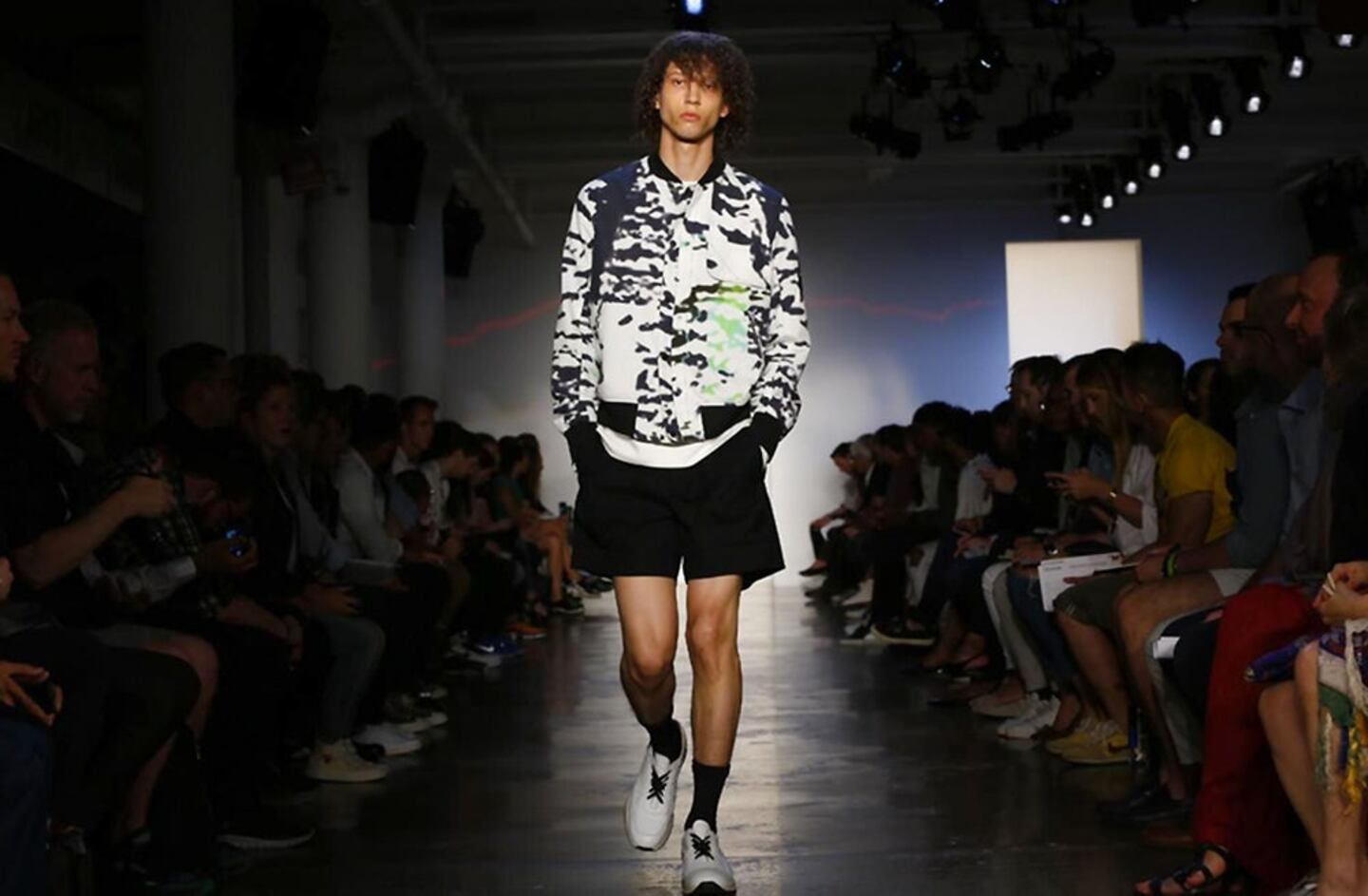
The Business of Fashion
Agenda-setting intelligence, analysis and advice for the global fashion community.

Agenda-setting intelligence, analysis and advice for the global fashion community.

LONDON, United Kingdom — News came this week that New York will soon be staging its own men's fashion week, with the first edition to take place from July 13 to 16. New York's men's shows are currently peppered throughout an already manic women's schedule and it seems to make sense to give them a dedicated menswear showcase.
In a headline for The New York Times, Vanessa Friedman wondered: "New York Finally Gets Its Own Men's Wear Week — But Will Anybody Come?"
It's a fair question. Those of us based in Europe who attend both men's and women's shows will have a hard time justifying another trip after the couture shows. But for those firmly focused on the menswear market, it makes sense because the new timing of the shows will align them with the international menswear calendar, as well as the domestic men's market week and tradeshows.
But I do think this raises a wider question, which was buried further down in Friedman's piece: "The industry keeps talking about what’s next. Is the answer really more of the same?" Or, said differently, is the solution for presenting American menswear yet another fashion week?
ADVERTISEMENT
I don't purport to have all the answers, but fashion week fatigue is really getting to me — and this is not just about New York's new men's week. It is a wider industry problem, one that may soon mean we will be attending fashion week all the time. With all the travel for the women's shows, haute couture, the European men's shows, as well as the globetrotting cruise collections in May, there is now yet another fashion week to contend with.
Surely, as an industry, we can come up with something more innovative (and sustainable) than hundreds of people flying in from all over the world to watch more fashion shows. It's time for some deep thinking on the matter.
Any ideas?
Please enjoy our top stories for the week gone by:
Colin's Column | McQueen, Galliano and a Tale of Two Books
Two new books on designers Alexander McQueen and John Galliano journey to the dark side of the fashion world, a parallel universe with its own rules, attitudes and morals.
Will High Fashion's Love Affair with Streetwear Last?
Streetwear-fashion hybrids are on the rise. Fleeting trend or symbol of a more enduring shift?
Charlotte Olympia Dellal Says Believe in Yourself and Your Product
BoF sits down with Charlotte Dellal and Bonnie Takhar to discuss the rise of seven-year-old footwear brand Charlotte Olympia, which blends British wit with Hollywood glamour and, last year, generated over $40 million in revenue.
For Japan's Visvim, Old is the New New
BoF speaks to Visvim designer Hiroki Nakamura, whose label has attracted a global cult following by breathing new life into traditional American workwear.
ADVERTISEMENT
Swimming Against the Hong Kong Tide
Five years since Konzepp helped transform the sleepy Sheung Wan district into a hipster zone, owner Geoff Tsui is crossing the harbour to the buzzing quarter of Tsim Sha Tsui with his fourth niche boutique, located in Hong Kong's K11 'art mall.'
Op-Ed | The Future of Retail is the End of Wholesale
E-commerce will rapidly reshape the entire economic model of retail, spelling the end of wholesale, argues Doug Stephens, founder of Retail Prophet.
And don't forget to check out BoF Weekly, a week in review published with Flipboard and updated every Saturday.

Imran Amed Founder and Editor-in-Chief
From analysis of the global fashion and beauty industries to career and personal advice, BoF’s founder and CEO, Imran Amed, will be answering your questions on Sunday, February 18, 2024 during London Fashion Week.
The State of Fashion 2024 breaks down the 10 themes that will define the industry in the year ahead.
Imran Amed reviews the most important fashion stories of the year and shares his predictions on what this means for the industry in 2024.
After three days of inspiring talks, guests closed out BoF’s gathering for big thinkers with a black tie gala followed by an intimate performance from Rita Ora — guest starring Billy Porter.